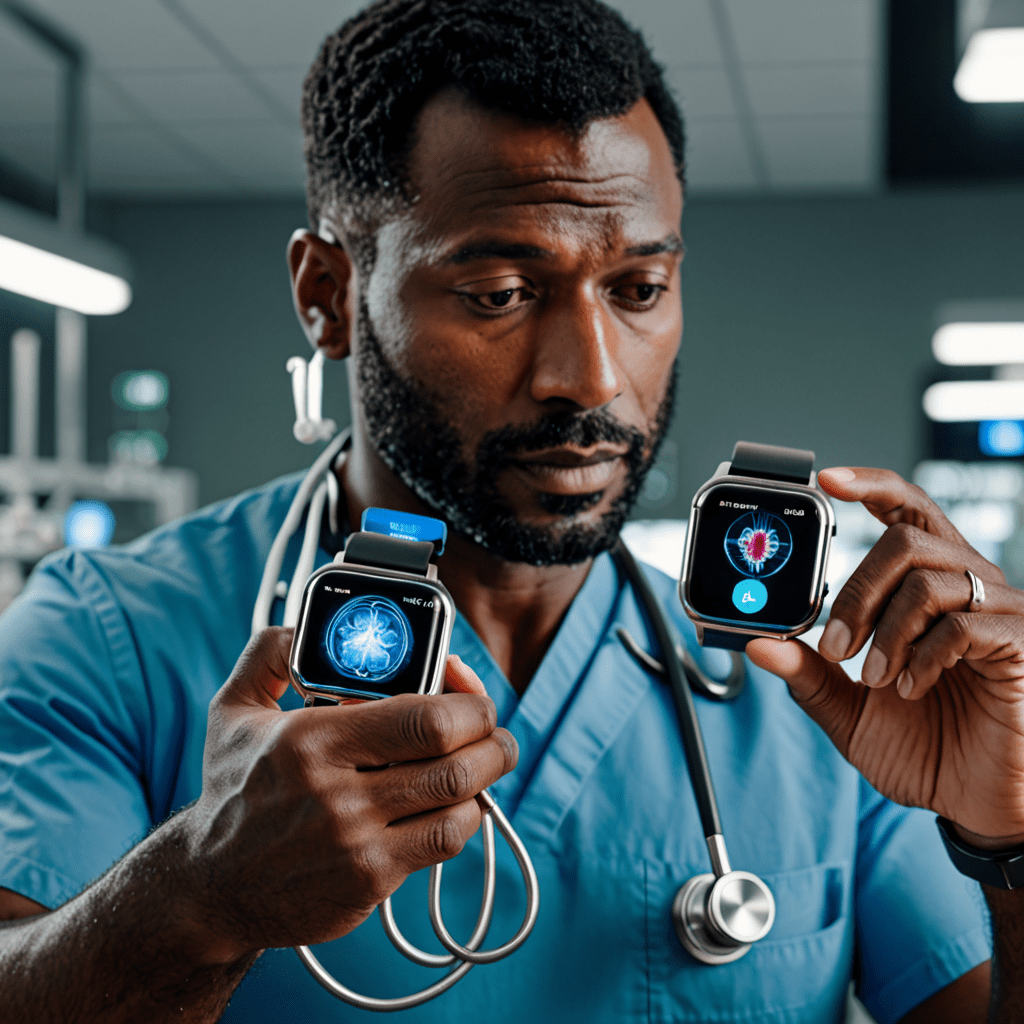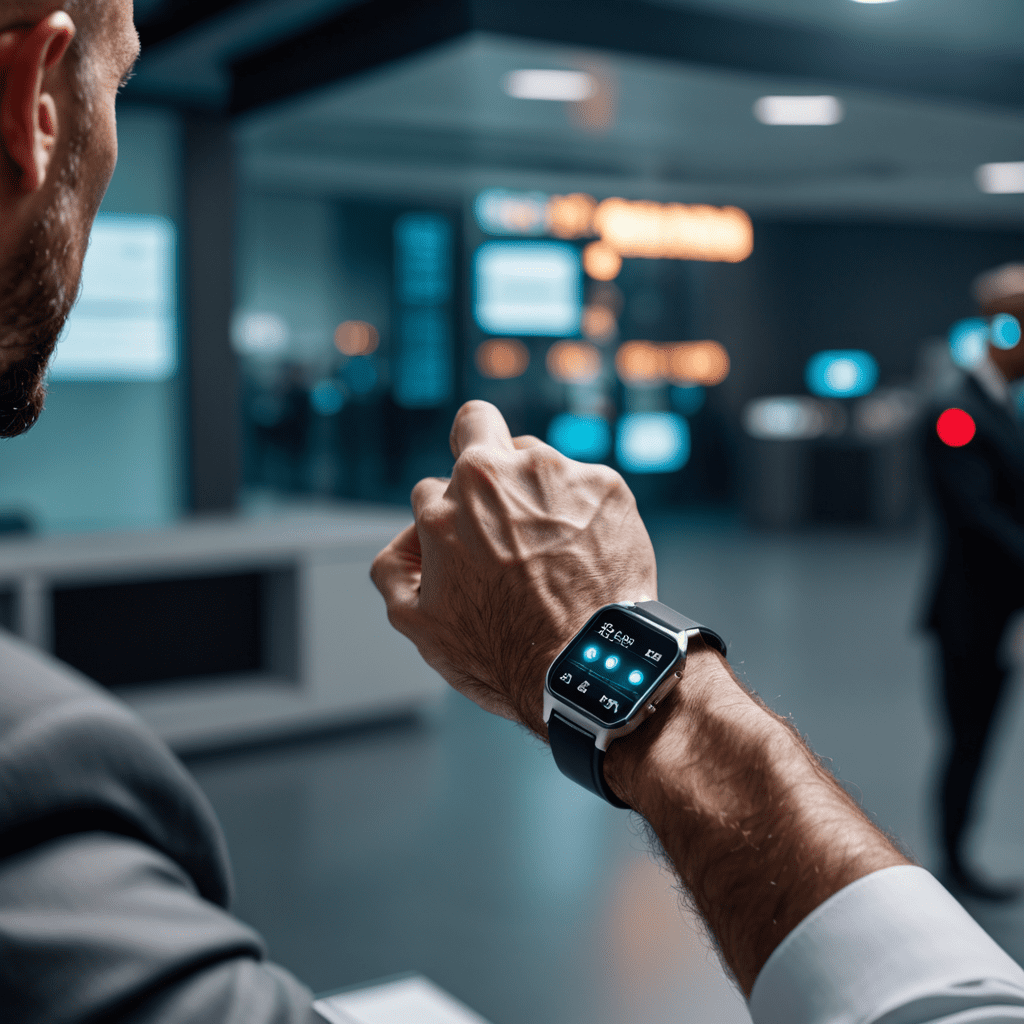
The Impact of Wearable Tech on Personalized Medicine
With advancements in technology, wearable devices are revolutionizing the way healthcare is delivered. This blog post delves into the profound impact of wearable tech on personalized medicine.
What is Personalized Medicine?
Personalized medicine involves tailoring medical treatment to the individual characteristics of each patient. This approach takes into account a person’s genetic makeup, lifestyle, and environmental factors to guide decisions regarding prevention, diagnosis, and treatment of diseases.
The Role of Wearable Tech
Wearable technology, such as fitness trackers, smartwatches, and biosensors, provides real-time health data, including heart rate, activity levels, sleep patterns, and more. These devices enable continuous monitoring of health metrics, offering valuable insights into an individual’s well-being.
Applications in Healthcare
Wearable devices are increasingly being used in healthcare to gather patient-generated data. This information allows healthcare providers to create personalized treatment plans, monitor chronic conditions, and encourage proactive management of health.
Enhanced Disease Management
For individuals with chronic conditions, wearable devices play a pivotal role in disease management. The continuous monitoring of vital signs and symptoms empowers patients to take a more active role in their care, while enabling healthcare professionals to make data-driven decisions.
Empowering Patients
Wearable tech puts valuable health information directly into the hands of individuals, fostering greater awareness of their own well-being. This empowerment encourages proactive health management and facilitates early intervention when potential issues arise.
Challenges and Considerations
While wearable tech holds immense promise for personalized medicine, challenges related to data privacy, accuracy, and integration into healthcare systems must be carefully addressed. Striking a balance between innovation and safeguarding patient information is crucial to the effective utilization of these technologies.
The Future of Personalized Medicine
As wearable tech continues to evolve, the integration of sophisticated sensors, AI algorithms, and seamless connectivity with healthcare professionals is set to further enhance personalized medicine. The future holds immense potential for leveraging wearable devices to deliver precise, tailored healthcare solutions.
FAQ: The Impact of Wearable Tech on Personalized Medicine
1. What is personalized medicine?
Personalized medicine, also known as precision medicine, is an innovative approach that takes into account individual variability in genes, environment, and lifestyle for each person. It allows for tailored medical treatment and interventions to maximize effectiveness and minimize side effects.
2. How does wearable tech contribute to personalized medicine?
Wearable technology, such as smartwatches and fitness trackers, enables continuous monitoring of various health parameters like heart rate, activity levels, and sleep patterns. This real-time data offers a comprehensive and personalized understanding of an individual’s health, contributing valuable insights to personalized medicine.
3. What are some examples of wearable tech used in personalized medicine?
Examples of wearable tech in personalized medicine include devices that monitor blood glucose levels for diabetic patients, wearable ECG monitors for individuals with heart conditions, and activity trackers that aid in managing chronic illnesses like obesity and hypertension.
4. How does wearable tech empower individuals in managing their health?
Wearable devices provide users with actionable insights into their health and wellness, empowering them to make informed decisions about their lifestyle, medication adherence, and overall well-being. By leveraging this data, individuals can actively participate in their personalized healthcare journey.
5. What are the potential future advancements of wearable tech in personalized medicine?
Future


